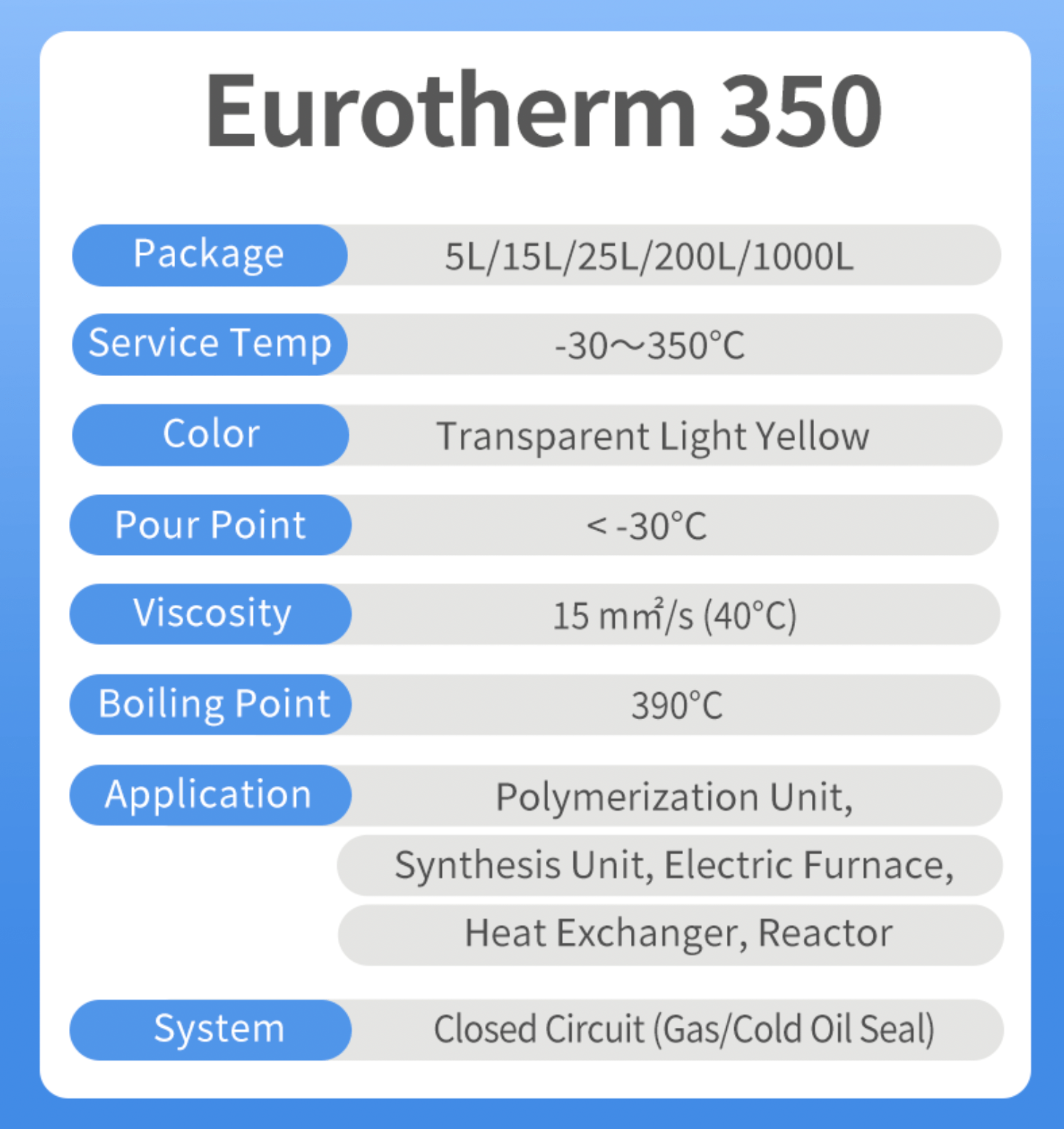The Function of Heat Transfer Liquid in Enhancing System Performance and Safety And Security
In the ever-evolving landscape of commercial procedures, warmth transfer liquids (HTFs) emerge as essential elements in enhancing both system performance and security. These specialized fluids, known for their superior thermal conductivity and controlled thickness, make it possible for reliable warm exchange, which is crucial for structured procedures.
Comprehending Heat Transfer Liquids
Warmth transfer fluids, typically thought about the lifeblood of thermal management systems, play a crucial function in regulating temperature throughout different industrial applications. These liquids are necessary in processes where heat have to be either soaked up or dissipated to preserve optimal operating conditions. Industries such as chemical handling, power generation, and manufacturing rely on heat transfer liquids to guarantee tools operates efficiently and securely. By helping with the transfer of thermal energy, these liquids help in protecting against overheating, therefore extending the lifespan of machinery and minimizing downtime.
The option of an appropriate heat transfer fluid is vital to the success of a thermal management system. In summary, a detailed understanding of warmth transfer fluids is important for maximizing system efficiency, ensuring operational security, and attaining cost-efficient thermal monitoring solutions.
Key Quality of HTFs

The details warmth capability of an HTF defines the quantity of heat power needed to alter its temperature, influencing just how effectively the system can react to temperature variations. The boiling and freezing factors of HTFs also play a pivotal function, especially in systems subjected to extreme temperature levels, making sure fluid stability and protecting against stage changes throughout procedure.
Enhancing System Performance
To enhance system performance with heat transfer fluids (HTFs), it is important to integrate a detailed technique that takes into consideration both fluid properties and system design. The choice of a suitable HTF is essential, as its thermal conductivity, thickness, and specific heat capability straight impact the performance of warmth exchange.
Just as essential is the layout of the warmth transfer system itself. The surface area and material of warm exchangers need to be optimized to maximize heat transfer efficiency.
Boosting Operational Security
Making certain operational security in warmth transfer systems requires a precise emphasis on both the residential or commercial properties of warm transfer fluids (HTFs) and the layout and upkeep of the entire system. HTFs should possess thermal security, low flammability, and suitable thickness to lessen threats such as leaks, fires, and system malfunctions. Picking the best HTF is vital as it determines the system's ability to manage temperature my explanation level fluctuations without compromising safety and security.
The design of the system ought to include redundancies and fail-safes to handle potential hazards efficiently. This includes the assimilation of safety and security valves, pressure alleviation tools, and temperature level monitoring systems to detect and address anomalies promptly. Routine upkeep is vital to guarantee that all parts, including pumps, pipelines, and seals, are operating correctly and are devoid of wear or deterioration, which might cause dangerous leakages or failings.
Additionally, employees in charge of the procedure and maintenance of warmth transfer systems must be effectively learnt safety and security methods and emergency situation feedback treatments. Constant training programs and security drills can considerably decrease the chance of crashes, making certain a much safer working atmosphere. Eventually, an extensive approach to safety-- encompassing fluid option, system layout, and labor force training-- is important for optimal operational security.
Industry Applications of HTFs
Commonly made use of throughout different sectors, heat transfer liquids (HTFs) play a critical role in boosting the efficiency and dependability of thermal try this website monitoring systems. In the chemical industry, HTFs are important for maintaining specific temperatures throughout reactions, making sure item consistency and high quality. They facilitate heat exchange procedures in reactors, condensers, and warmth exchangers, thereby enhancing power use and lessening waste.
In the oil and gas sector, HTFs are utilized in both upstream and downstream procedures. They manage temperature in boring procedures and boost efficiency in refining procedures by providing steady thermal conditions. This causes reduced downtime and enhanced security, especially in essential operations such as purification and cracking.
The renewable power field also benefits dramatically from HTFs, particularly in concentrated solar power (CSP) plants. Here, HTFs transfer caught solar power to power turbines, enabling efficient electrical energy generation. The pharmaceutical sector counts on HTFs for precise temperature level control in both synthesis and storage, guaranteeing item efficiency and safety and security.


Furthermore, the food and beverage field uses HTFs for pasteurization, sterilization, and food preparation processes, boosting both product safety and manufacturing efficiency. Throughout these industries, HTFs act as important components in preserving optimal functional performance and safety more and security.
Final Thought
Heat transfer liquids are necessary in enhancing industrial system efficiency and security by providing high thermal conductivity, optimum thickness, and thermal stability. Appropriate choice and upkeep of HTFs enhance warm exchange performance, consequently increasing functional performance.
Comments on “The Value of Thermal Security in Heat Transfer Fluid Choice”